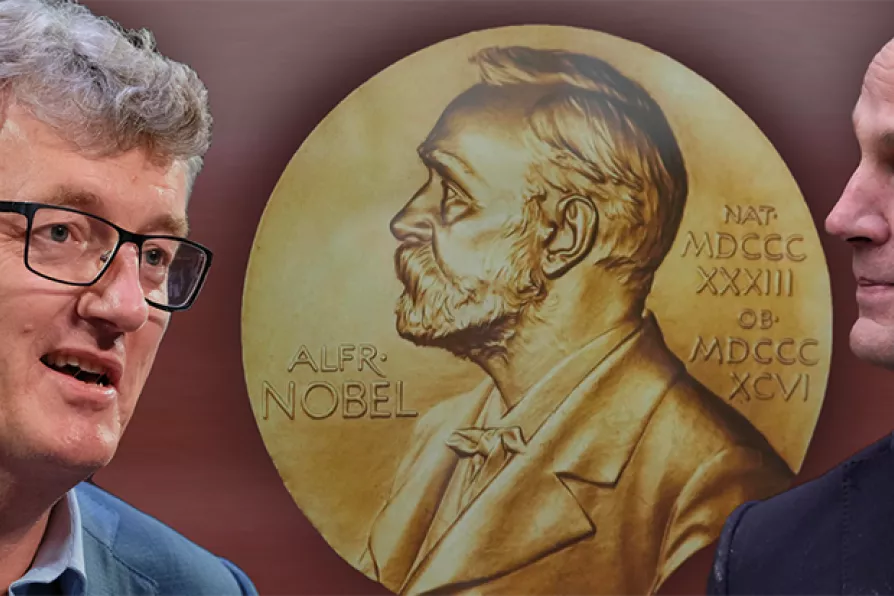John Wojcik pays tribute to a black US activist who spent six decades at the forefront of struggles for voting rights, economic justice and peace – reshaping US politics and inspiring movements worldwide

 NOBEL PRIZE: David WC MacMillan (left) and Benjamin List were awarded for finding an ‘ingenious’ and environmentally cleaner way to build molecules
NOBEL PRIZE: David WC MacMillan (left) and Benjamin List were awarded for finding an ‘ingenious’ and environmentally cleaner way to build molecules
MAKING molecules is easy for humans: within your body, billions of delicately balanced chemical processes are happening every day, moving groups of atoms around in shifting patterns.
As carbon-based life-forms, our internal chemistry is fantastically rich. Carbon can combine with other atoms so easily and in so many ways. It’s a toolbox that produces all of life as we know it. But we don’t know how most of these submicroscopic reactions work.
Natural molecular processes have evolved over billions of years, with complex pathways looping in dizzying complexity within the cell. These require sophisticated biochemistry to untangle.

New research into mutations in sperm helps us better understand why they occur, while debunking a few myths in the process, write ROX MIDDLETON, LIAM SHAW and MIRIAM GAUNTLETT

Olive oil remains a vital foundation of food, agriculture and society, storing power in the bonds of solidarity. Though Palestinians are under attack, they continue to press forward write ROX MIDDLETON, LIAM SHAW and MIRIAM GAUNTLETT











